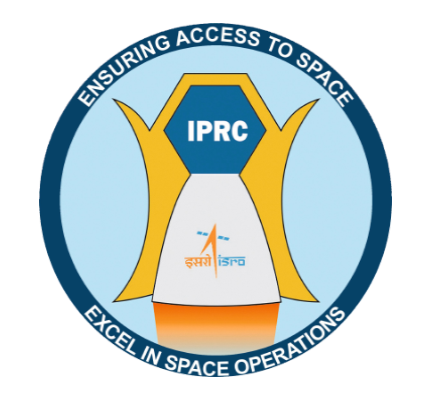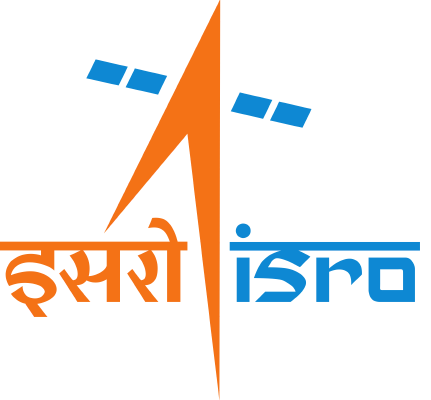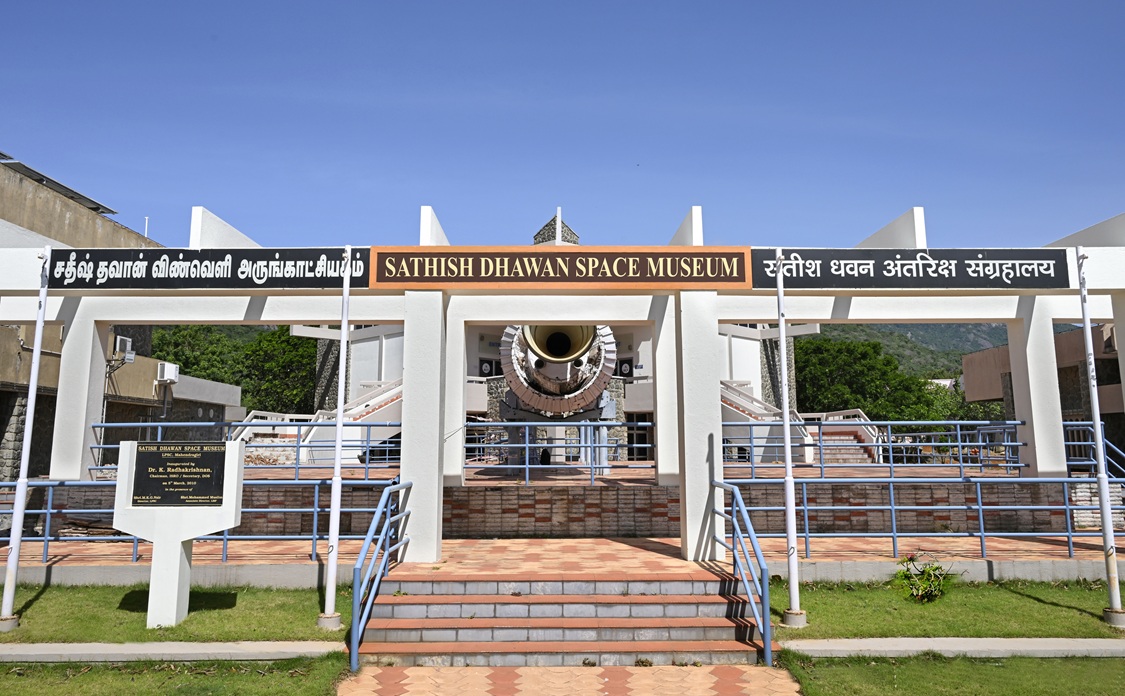
The IPRC Space Museum offers a fascinating glimpse into the rich history and heritage of ISRO Space research programs. The exhibits showcased a diverse collection of artifacts, including traditional tools, clothing, and ornaments, providing valuable insights into the daily lives and cultural practices of the past. The museum also featured informative displays on local history, including significant events, personalities, and traditions. The visit was a truly enriching experience, fostering a deeper appreciation for the cultural tapestry of the region.
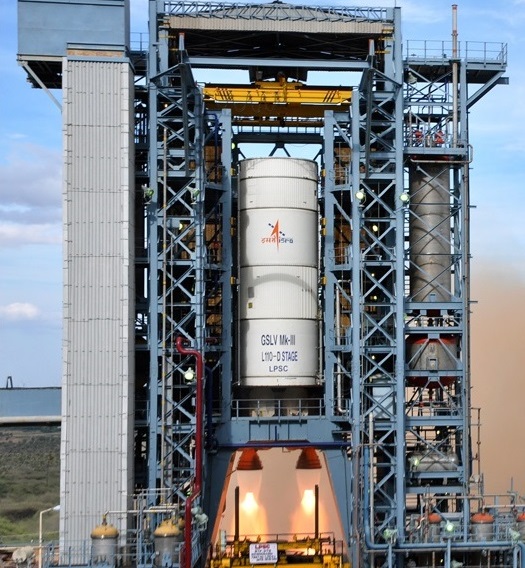
ISRO PROPULSION COMPLEX (IPRC), formerly known as Liquid Propulsion Systems Centre, Mahendragiri (LPSC-M), is located near Kanniyakumari at Mahendragiri Hills, Tirunelveli District, Tamil Nadu. It is the major testing hub of ISRO's liquid propulsion systems. The role of IPRC is to carry out research for the development of liquid propulsion systems both for satellites and satellite launch vehicles. IPRC is equipped with state-of-art facilities for the assembly, integration and testing of liquid propulsion systems. It is responsible for the development, qualification and acceptance testing of sub-systems and systems for launch vehicles and spacecraft projects / program.
The Propulsion subsystems are initially qualified by conducting cold flow tests by using simulant fluids like water, gaseous Nitrogen, etc. For this, cold flow test facilities are established. Then, the integrated Propulsion systems like engine or stage are subject to hot-fire testing in facilities for enhancing the performance. Apart from this, facilities are established to test / simulate upper stage rocket engines and thrusters / liquid apogee motors of satellites in vacuum environment. These facilities are also used for developing propulsion systems for inter-planetary missions.IPRC has the responsibility of delivering the second and fourth stages of ISRO's workhorse launch vehicle PSLV. The improvements and indigenization of components in the above launch vehicle was a major step towards self-reliance.
IPRC has played a major role in the development of indigenous cryogenic engines of 75 kN thrust capacity for GeoSynchronous Satellite Launch Vehicle (GSLV) and 200 kN thrust capacity engine for LVM 3. Towards these developments, IPRC has done extensive testing and analysis to perfect the cryogenic technology.ISRO now works for the development of a high thrust semi-cryogenic engine which uses Liquid Oxygen and rocket grade kerosene called Isrosene. This eco-friendly Semi Cryo engine of 2000 kN thrust capacity is being developed. IPRC has a significant role in establishing the test facilities for this development. Also establishment of the related assembly, integration and propellant storage facilities is in progress.IPRC has over the years established world class facilities with ambitious technology development programme and is a pioneer in the liquid propulsion area.
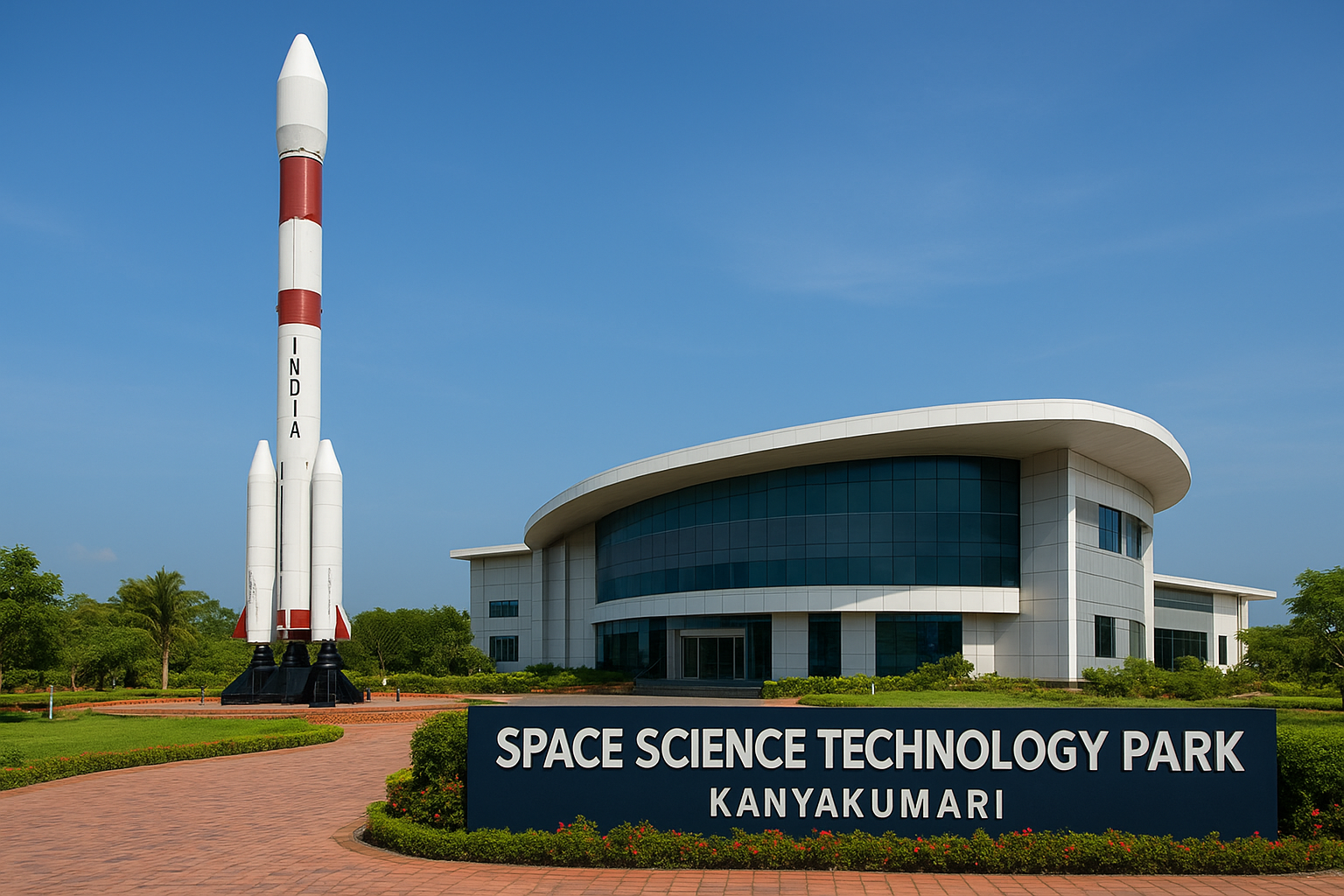
A Space Science and Technology Park and Museum is a facility designed to showcase space science and technology advancements, often through interactive exhibits and educational programs. ISRO has been actively involved in establishing these parks and museums across India, aiming to popularize space science and technology among citizens.
ISRO is planning to establish a Space Science and Technology Park in Kanyakumari, with support from the Tamil Nadu government.
